
Pharmacists play a vital role in countering GLP-1 misinformation.

Pharmacists play a vital role in countering GLP-1 misinformation.

Changes to the federal childhood vaccine schedule have created confusion and variation in practice, placing added responsibility on clinicians and pharmacists to educate patients and ensure evidence-based care.
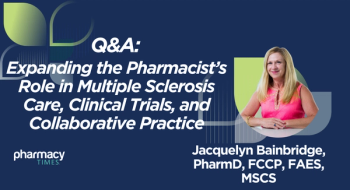
Pharmacists enhance multiple sclerosis care through collaborative practice agreements, improving patient outcomes and bridging gaps in treatment and education.

Experts discuss how atebimetinib and adjusted chemotherapy schedules enhance tolerability and treatment duration for pancreatic cancer patients.
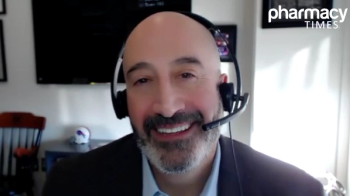
Joseph Saseen, PharmD, explains how persistent cholesterol myths undermine care and why emerging oral proprotein convertase subtilisin/kexin type 9 (PCSK9) inhibitors could expand access to intensive LDL-C lowering.
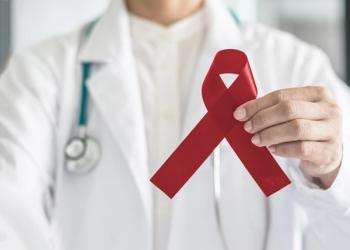
Phase 1 data show oral NSD2 inhibitor KTX-1001 delivers durable disease control in high-risk myeloma, with manageable thrombocytopenia and combo plans.

Craig Beavers is joined by the investigators of the POLY-HF trial to reinforce the critical role of pharmacist counseling and education in treating patients with heart failure.

KTX-1001, a novel oral inhibitor of NSD2, demonstrates early clinical activity and manageable safety in heavily pretreated multiple myeloma.

Experts discuss groundbreaking data on pancreatic cancer treatment, revealing a 64% survival rate and its potential to transform patient care and outcomes.

Pharmacists play a critical role in improving access to and affordability of GLP-1 therapies.

Pharmacists play a vital role in managing multiple sclerosis treatments, enhancing patient care through clinical trials and personalized therapy options.
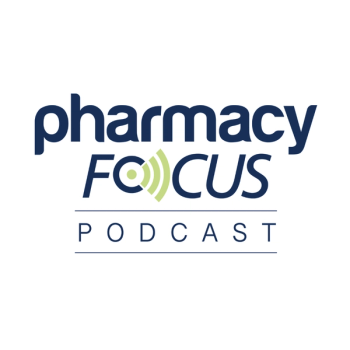
On Chen, MD; and Tahmid Rahman, MD, join Pharmacy Focus to discuss the world's first commercial administration of plozasiran at Stony Brook Medicine.


David Shusterman, MD, reveals how reducing alcohol enhances GLP-1 therapy, improving insulin regulation, kidney health, and overall metabolic outcomes.
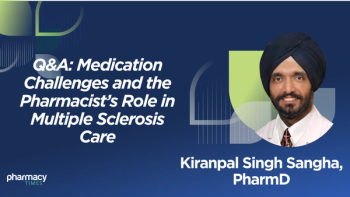
Pharmacists play a vital role in supporting multiple sclerosis patients by addressing medication challenges, educating on treatments, and navigating insurance hurdles.

Experts say SMS-based engagement tools can help pharmacists improve medication adherence and reduce hospital readmissions by addressing common patient barriers such as forgetfulness and cost.
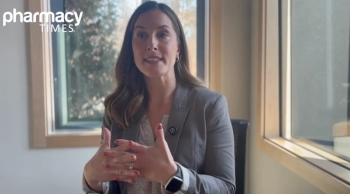
Explore how pharmacists enhance access to care for multiple sclerosis patients, tackling barriers in diagnosis, treatment, and patient education.
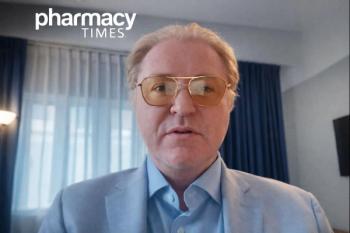
GLP-1 receptor agonist effectiveness and tolerability can be significantly improved through targeted pharmacist counseling on alcohol reduction.
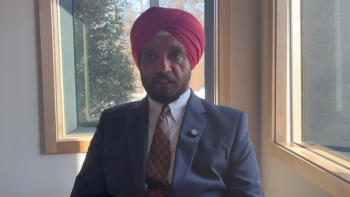
Pharmacists play a crucial role in educating patients with multiple sclerosis about treatment options, adverse effects, and navigating insurance challenges.

Reducing alcohol intake alongside GLP-1 therapy may significantly improve outcomes for patients with obesity or diabetes risk.

Ben Long, MD, and Weston Blakeslee, PhD, discuss how pharmacists can integrate automated SMS tools to reduce readmissions while minimizing workflow burden.

Pharmacists enhance care for multiple sclerosis patients by improving access, education, and adherence, ensuring effective treatment through collaboration with healthcare teams.

Ann Marie Navar, MD, PhD, explains how enlicitide decanoate delivers LDL-C reductions comparable with injectable PCSK9 inhibitors, which could improve access to nonstatin therapy for patients not at goal.

Jordan Harper, DMD, discusses innovative fluoride-free toothpaste tablets with hydroxyapatite, offering effective oral care solutions for all patients.

Ben Long, MD; and Weston Blakeslee, PhD, explain how personalized text messaging helps overcome common adherence barriers and keeps patients engaged without overwhelming them.
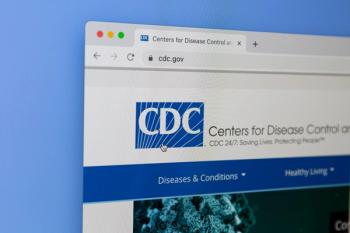
Jeffery Goad, PharmD, MPH, outlines how recent changes to the childhood immunization schedule may affect vaccine confidence, uptake, and public health, while highlighting the essential role pharmacists play in patient education.

Heidi De Souza discusses strategies to enhance RSV vaccine uptake among older adults, emphasizing awareness, coadministration patterns, and public health efforts.

Discover how hydroxyapatite toothpaste tablets revolutionize oral care with eco-friendly, effective, and gentle alternatives to traditional fluoride toothpaste.

Discover how ENAMEL revolutionizes oral care with eco-friendly, waterless toothpaste tablets made from clean, natural ingredients.
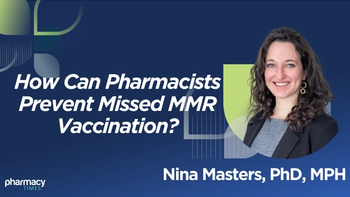
Nina Masters, PhD, MPH, explains how early adherence to pediatric vaccines strongly predicts timely measles-mumps-rubella (MMR) vaccination.